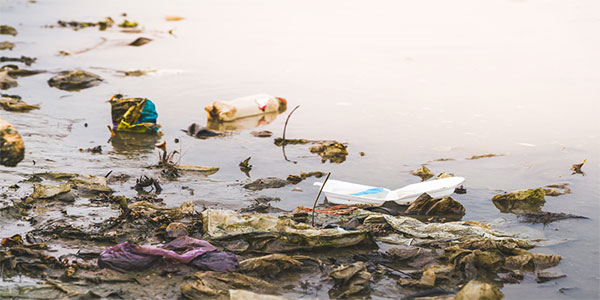
EPA Announces Funding for Waterway Trash Prevention Projects for the Gulf
Applications for funding for waterway trash reduction projects for the Gulf of Mexico are due no later than November 22, 2019.
Trash is in our oceans, our rivers, and our main waterways. It contaminates wildlife health and poses risks to the humans that rely on these waterways. On September 24, the EPA’s Gulf of Mexico Division announced the availability of grant funding for reducing trash in waterways. Using trash prevention and/or removal methods, the projects hope to reduce the presence of trash in waterways with a funding budget of about $5 million.
The EPA hopes that these funds will encourage more projects to reduce marine litter, protect the Gulf of Mexico, and keep human communities safe in the process. EPA Administrator Andrew Wheeler said “These funds will incentivize new projects to reduce marine litter and protect the health of the Gulf of Mexico and the many communities that rely upon it.”
“We need to foster broad, creative innovations to maintain the vibrancy of the Gulf of Mexico by reducing marine debris,” said EPA Region 6 Administrator Ken McQueen. “Preventing trash and debris from entering the waterway is critical to protecting the environment, wildlife, and human health.”
Marine debris is a collection of materials from a number of sources. However, what many people don’t realize, is that marine debris is largely from consumer goods. Actually, about 80 percent of plastics in aquatic environments are of increasing concern because of their persistence and effect on the environment, wildlife, and human health.
The funding will support projects that use the following efforts:
- Trash Prevention: Trash prevention projects reduce and eliminate trash that has the potential of entering waterways. These projects are usually centered around reduction through innovation, industry engagement, and stewardship initiatives.
- Trash Removal: Trash removal projects benefit habitat and waterways by using development, tools, and resources that support trash assessment and stop trash from entering waterbodies and/or remove trash that has already entered the water.
- Outreach/education: Each project should work toward incorporating education and outreach that would result in positive consumer and business behaviors and practices to reduce waterway trash.
Who qualifies for the grants? Eligible applicants include state agencies, federally recognized tribes and tribal consortia, any agency or instrumentality of local governments, nonprofit organizations, interstate agencies, and colleges and universities.
The EPA plans to award ten or more grants under the announcement, each award being no more than $500,000 and subject to the availability of funds, quality of applicants, and other factors.
Applications for funding as a part of this announcement are open until November 22, 2019.
Read more on the topic from the EPA’s news article.